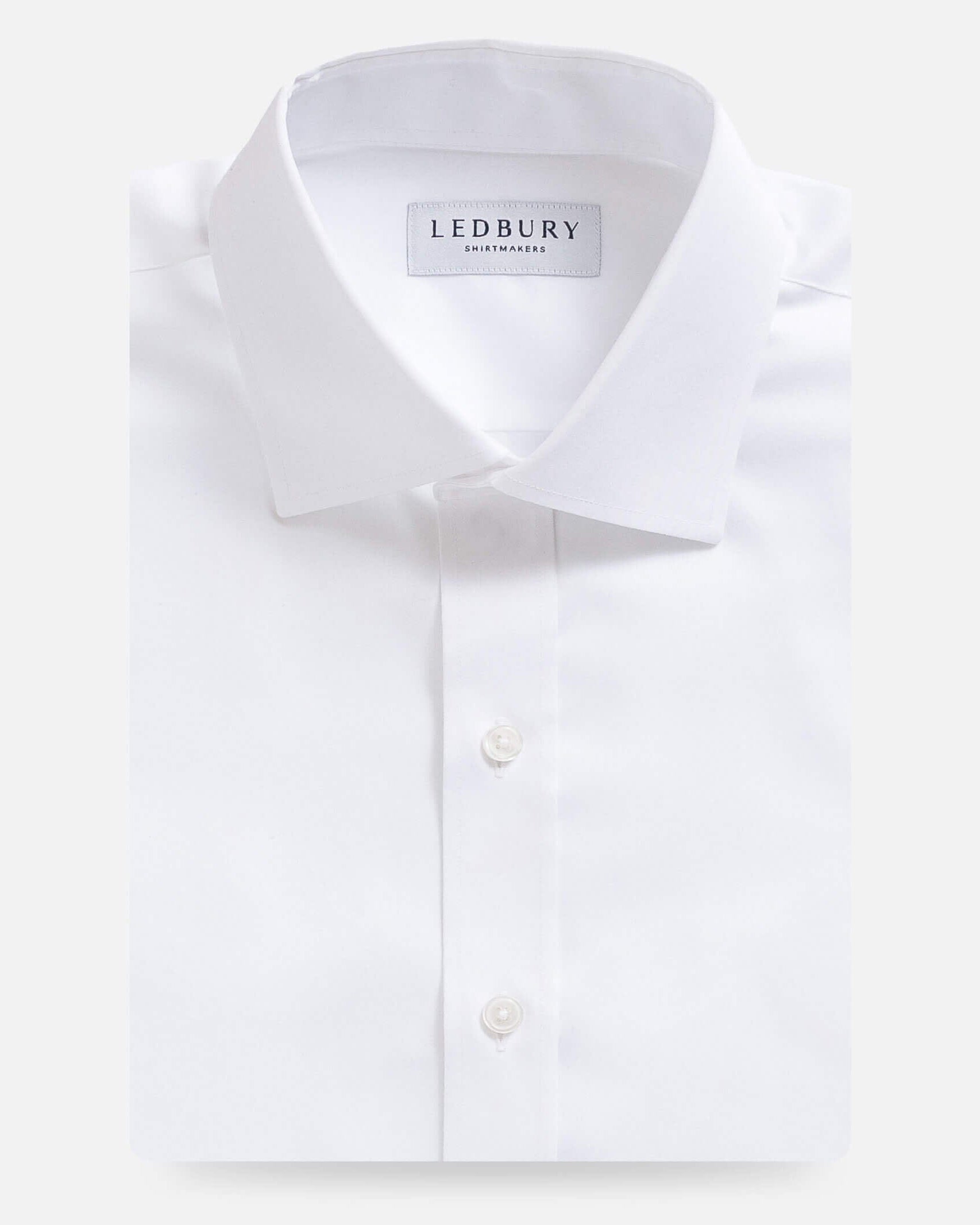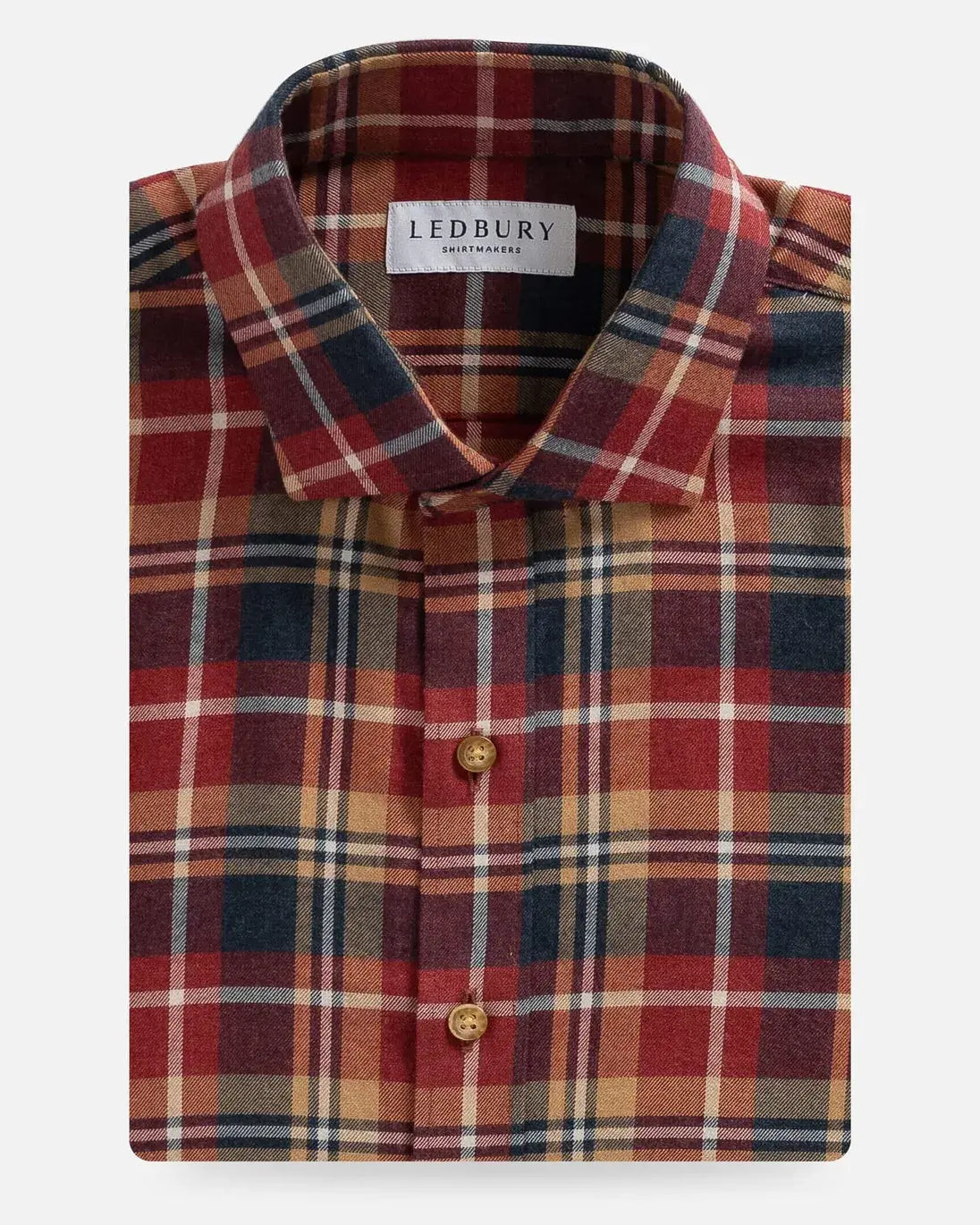









Matthew E. White recently released his solo debut album, Big Inner, under the self-started production and record label,
Spacebomb Records, which he records in the attic of his own home. Big Inner is deeply personal, reflecting on love, loss, religion and even an immense love for hot toddies. Big Inner has received much attention since its recent release, including landing Matthew E. White
several reviews on Pitchfork and a spot on tour opening for
The Mountain Goats. Matthew E. White kicks off the tour tonight at The National in Richmond, VA. White is an extremely talented, classically trained jazz musician with an intense appreciation for the local culture found here in Richmond. We met with Matt to discuss what went into releasing Big Inner, the evolution of Richmond’s music culture, and next steps for Spacebomb.
What made you decide to stay in Richmond upon graduating from VCU and how have you seen Richmond’s music scene evolve over time?
There was a group of us that all went to school together, and when we graduated from VCU’s Jazz Department, we all made a formal push to stay here. We felt like there was a need for people to have an audience and a space to play original jazz and experimental music, so we started this thing called Patchwork Collective back in 2004. The Patchwork Collective began to facilitate an audience and out of that grew the bands “Fight the Big Bull” and “No BS!” Brass. I was a member of “Fight the Big Bull,” and we grew to have steady gigs at Cous Cous and Balliceaux, which was a unique thing –an 8-piece avant-garde band playing 25 shows a year.
Did you ever think it would have been easier moving to a city that had more of an established music scene?
I had some thoughts about moving to New York while in College when I was looking at graduate programs, but the more I started looking outward, the more I began to realize how special it was here in Richmond. My record couldn’t have been made anywhere else. It is a representation of 10 years of relationships with the community around me. There’s freedom for people to take chances here and there isn’t as much risk because you do not have to cover as much to get by. In the music community, you’ll find that people are willing to come into the music studio for less than they deserve, for more of an investment down the road. In New York you can’t afford to do that. Because we’re in Richmond, there’s a bit of wheel spinning that you have to do in the beginning, but if your product is good enough and you have the right people working for you, something really great can come from it.
What was your intention for starting your own record label, Spacebomb Records?
“Fight the Big Bull” was part of a community that was really expanding in terms of expressing itself, and Space Bomb is the next step of this group of musicians that continue to break out of already-existing boundaries. We have a unique community here that can make records for anybody –my record was the first part of that, and then we did all of the horn arrangements for The Mountain Goats record that just came out. It’s The Mountain Goats, they could hire any horn players in the country but they came to us and said, “We want you guys.” All of these people that we are making music with from Richmond now, the biggest thing they could do was maybe play a few hours at Maggiano’s. With Space Bomb, we’re taking that skill set and finding a way to put it into the real river of commerce. There has been so much talent here without an ambassador or someone waving the flag.
How did you transition from being a member of the band to really becoming the front man on your record, Big Inner?
It came very naturally, but almost by mistake. I never played live in front of my own band before… that was never the goal. I thought I would just write the album and test our recording model to see if it worked. In the fall I wrote a few arrangements and then we spent a week recording it. I sent it out for fun to a few friends in the industry and they got really excited about it. Then Home Tapes, the label that is co-releasing the record, started adding a bit of support muscle to it to get it off the ground. I have a lot of experience in terms of playing guitar, dealing with horns, and even some of the administrative stuff… but I don’t have a lot of experience fronting a band. Even the singing –the first time I had sung like that was literally into the microphone on the first take.
Your Pitchfork review references musical inspiration from Randy Newman; how would you compare his songwriting with your own?
It took me a long time to write and to get an idea of how I wanted to make a record, to figure out what my voice was going to be. I don’t see myself as being gifted with song writing particularly, especially the song writing that is kind of in vogue right now. Randy Newman was someone that I’ve always listened to, and the way his tone, poetry, stories, even the way he is singing, is all very personal and simultaneously very distant. I really feel like he talks the way I talk in real life. I think a big thing with him is that he has soul, folk, and African American music traditions influencing him, which is a whole different way of writing. It isn’t exactly literary, but it’s to the point in a unique way. It’s a folk music kind of thing, and really special to see a guy that is using that in the way that he is using it. Randy Newman, Curtis Mayfield, and Bryan Wilson are guys that are writing songs and arranging for a large ensemble at the same time –the idea of using both of those skill sets to inform each other. Randy Newman does it more intently, and he will even finish sentences with his arrangements; it’s very cinematic in a way. The idea of using one art form to inform the other is something that is very important to me and important to the record.
How was the Richmond music community involved in the making of Big Inner?
The album has my name on the front, but the record is about way more than just me. It’s about the whole community of arrangers and excellent musicians that were a part of this. And it’s really rewarding to see that being recognized. We made a thing on our own, in Richmond, for basically no money, and people liked it. Now that we did it there’s been some outside influence, but the making of the record and the actual art behind it is 100% Richmond. It’s been a huge community effort. The songs, the idea of making something bigger as a community than I can on my own, that’s what Space Bomb is about. That’s an empowering message for the whole community, not just the music scene. Music is married to culture in a really cool way and some people work that dance artistically. The fact that we made something with your best friends, in your city, and how we wanted to do it, that’s something to be proud of.
What do you see as the next steps for Space Bomb Records as well as for yourself?
We need to put out another record but we are not sure what project yet. I think Space Bomb is in a really good position because we were able to make a small dent in a large market with a unique skill set. We made this record in a week thinking we would print 500 copies and be done with it. With me going on tour, I see myself as an ambassador for the city and will hopefully sell as many records as possible. Another step is getting the internal structure in place where we can take advantage of all of the press we have gotten and release something on a bigger stage consistently. We’ve been thrown into that earlier than expected so we have some catching up to do, but it’s the best kind of catching up. Your product can be good, but there’s an art to promoting it and making it magnify and explode that’s basically non-musical. You only get to release this record one time. You only get to release a record one time, and as a record label, we’re learning that art. For the long term, we’re working towards building a recording economy that’s as important as the actual product.
For more on Matthew E. White, check out his
website and like him on
Facebook.









 Matthew E. White recently released his solo debut album, Big Inner, under the self-started production and record label, Spacebomb Records, which he records in the attic of his own home. Big Inner is deeply personal, reflecting on love, loss, religion and even an immense love for hot toddies. Big Inner has received much attention since its recent release, including landing Matthew E. White several reviews on Pitchfork and a spot on tour opening for The Mountain Goats. Matthew E. White kicks off the tour tonight at The National in Richmond, VA. White is an extremely talented, classically trained jazz musician with an intense appreciation for the local culture found here in Richmond. We met with Matt to discuss what went into releasing Big Inner, the evolution of Richmond’s music culture, and next steps for Spacebomb.
What made you decide to stay in Richmond upon graduating from VCU and how have you seen Richmond’s music scene evolve over time?
There was a group of us that all went to school together, and when we graduated from VCU’s Jazz Department, we all made a formal push to stay here. We felt like there was a need for people to have an audience and a space to play original jazz and experimental music, so we started this thing called Patchwork Collective back in 2004. The Patchwork Collective began to facilitate an audience and out of that grew the bands “Fight the Big Bull” and “No BS!” Brass. I was a member of “Fight the Big Bull,” and we grew to have steady gigs at Cous Cous and Balliceaux, which was a unique thing –an 8-piece avant-garde band playing 25 shows a year.
Did you ever think it would have been easier moving to a city that had more of an established music scene?
I had some thoughts about moving to New York while in College when I was looking at graduate programs, but the more I started looking outward, the more I began to realize how special it was here in Richmond. My record couldn’t have been made anywhere else. It is a representation of 10 years of relationships with the community around me. There’s freedom for people to take chances here and there isn’t as much risk because you do not have to cover as much to get by. In the music community, you’ll find that people are willing to come into the music studio for less than they deserve, for more of an investment down the road. In New York you can’t afford to do that. Because we’re in Richmond, there’s a bit of wheel spinning that you have to do in the beginning, but if your product is good enough and you have the right people working for you, something really great can come from it.
What was your intention for starting your own record label, Spacebomb Records?
“Fight the Big Bull” was part of a community that was really expanding in terms of expressing itself, and Space Bomb is the next step of this group of musicians that continue to break out of already-existing boundaries. We have a unique community here that can make records for anybody –my record was the first part of that, and then we did all of the horn arrangements for The Mountain Goats record that just came out. It’s The Mountain Goats, they could hire any horn players in the country but they came to us and said, “We want you guys.” All of these people that we are making music with from Richmond now, the biggest thing they could do was maybe play a few hours at Maggiano’s. With Space Bomb, we’re taking that skill set and finding a way to put it into the real river of commerce. There has been so much talent here without an ambassador or someone waving the flag.
How did you transition from being a member of the band to really becoming the front man on your record, Big Inner?
It came very naturally, but almost by mistake. I never played live in front of my own band before… that was never the goal. I thought I would just write the album and test our recording model to see if it worked. In the fall I wrote a few arrangements and then we spent a week recording it. I sent it out for fun to a few friends in the industry and they got really excited about it. Then Home Tapes, the label that is co-releasing the record, started adding a bit of support muscle to it to get it off the ground. I have a lot of experience in terms of playing guitar, dealing with horns, and even some of the administrative stuff… but I don’t have a lot of experience fronting a band. Even the singing –the first time I had sung like that was literally into the microphone on the first take.
Your Pitchfork review references musical inspiration from Randy Newman; how would you compare his songwriting with your own?
It took me a long time to write and to get an idea of how I wanted to make a record, to figure out what my voice was going to be. I don’t see myself as being gifted with song writing particularly, especially the song writing that is kind of in vogue right now. Randy Newman was someone that I’ve always listened to, and the way his tone, poetry, stories, even the way he is singing, is all very personal and simultaneously very distant. I really feel like he talks the way I talk in real life. I think a big thing with him is that he has soul, folk, and African American music traditions influencing him, which is a whole different way of writing. It isn’t exactly literary, but it’s to the point in a unique way. It’s a folk music kind of thing, and really special to see a guy that is using that in the way that he is using it. Randy Newman, Curtis Mayfield, and Bryan Wilson are guys that are writing songs and arranging for a large ensemble at the same time –the idea of using both of those skill sets to inform each other. Randy Newman does it more intently, and he will even finish sentences with his arrangements; it’s very cinematic in a way. The idea of using one art form to inform the other is something that is very important to me and important to the record.
How was the Richmond music community involved in the making of Big Inner?
The album has my name on the front, but the record is about way more than just me. It’s about the whole community of arrangers and excellent musicians that were a part of this. And it’s really rewarding to see that being recognized. We made a thing on our own, in Richmond, for basically no money, and people liked it. Now that we did it there’s been some outside influence, but the making of the record and the actual art behind it is 100% Richmond. It’s been a huge community effort. The songs, the idea of making something bigger as a community than I can on my own, that’s what Space Bomb is about. That’s an empowering message for the whole community, not just the music scene. Music is married to culture in a really cool way and some people work that dance artistically. The fact that we made something with your best friends, in your city, and how we wanted to do it, that’s something to be proud of.
What do you see as the next steps for Space Bomb Records as well as for yourself?
We need to put out another record but we are not sure what project yet. I think Space Bomb is in a really good position because we were able to make a small dent in a large market with a unique skill set. We made this record in a week thinking we would print 500 copies and be done with it. With me going on tour, I see myself as an ambassador for the city and will hopefully sell as many records as possible. Another step is getting the internal structure in place where we can take advantage of all of the press we have gotten and release something on a bigger stage consistently. We’ve been thrown into that earlier than expected so we have some catching up to do, but it’s the best kind of catching up. Your product can be good, but there’s an art to promoting it and making it magnify and explode that’s basically non-musical. You only get to release this record one time. You only get to release a record one time, and as a record label, we’re learning that art. For the long term, we’re working towards building a recording economy that’s as important as the actual product.
For more on Matthew E. White, check out his website and like him on Facebook.
Matthew E. White recently released his solo debut album, Big Inner, under the self-started production and record label, Spacebomb Records, which he records in the attic of his own home. Big Inner is deeply personal, reflecting on love, loss, religion and even an immense love for hot toddies. Big Inner has received much attention since its recent release, including landing Matthew E. White several reviews on Pitchfork and a spot on tour opening for The Mountain Goats. Matthew E. White kicks off the tour tonight at The National in Richmond, VA. White is an extremely talented, classically trained jazz musician with an intense appreciation for the local culture found here in Richmond. We met with Matt to discuss what went into releasing Big Inner, the evolution of Richmond’s music culture, and next steps for Spacebomb.
What made you decide to stay in Richmond upon graduating from VCU and how have you seen Richmond’s music scene evolve over time?
There was a group of us that all went to school together, and when we graduated from VCU’s Jazz Department, we all made a formal push to stay here. We felt like there was a need for people to have an audience and a space to play original jazz and experimental music, so we started this thing called Patchwork Collective back in 2004. The Patchwork Collective began to facilitate an audience and out of that grew the bands “Fight the Big Bull” and “No BS!” Brass. I was a member of “Fight the Big Bull,” and we grew to have steady gigs at Cous Cous and Balliceaux, which was a unique thing –an 8-piece avant-garde band playing 25 shows a year.
Did you ever think it would have been easier moving to a city that had more of an established music scene?
I had some thoughts about moving to New York while in College when I was looking at graduate programs, but the more I started looking outward, the more I began to realize how special it was here in Richmond. My record couldn’t have been made anywhere else. It is a representation of 10 years of relationships with the community around me. There’s freedom for people to take chances here and there isn’t as much risk because you do not have to cover as much to get by. In the music community, you’ll find that people are willing to come into the music studio for less than they deserve, for more of an investment down the road. In New York you can’t afford to do that. Because we’re in Richmond, there’s a bit of wheel spinning that you have to do in the beginning, but if your product is good enough and you have the right people working for you, something really great can come from it.
What was your intention for starting your own record label, Spacebomb Records?
“Fight the Big Bull” was part of a community that was really expanding in terms of expressing itself, and Space Bomb is the next step of this group of musicians that continue to break out of already-existing boundaries. We have a unique community here that can make records for anybody –my record was the first part of that, and then we did all of the horn arrangements for The Mountain Goats record that just came out. It’s The Mountain Goats, they could hire any horn players in the country but they came to us and said, “We want you guys.” All of these people that we are making music with from Richmond now, the biggest thing they could do was maybe play a few hours at Maggiano’s. With Space Bomb, we’re taking that skill set and finding a way to put it into the real river of commerce. There has been so much talent here without an ambassador or someone waving the flag.
How did you transition from being a member of the band to really becoming the front man on your record, Big Inner?
It came very naturally, but almost by mistake. I never played live in front of my own band before… that was never the goal. I thought I would just write the album and test our recording model to see if it worked. In the fall I wrote a few arrangements and then we spent a week recording it. I sent it out for fun to a few friends in the industry and they got really excited about it. Then Home Tapes, the label that is co-releasing the record, started adding a bit of support muscle to it to get it off the ground. I have a lot of experience in terms of playing guitar, dealing with horns, and even some of the administrative stuff… but I don’t have a lot of experience fronting a band. Even the singing –the first time I had sung like that was literally into the microphone on the first take.
Your Pitchfork review references musical inspiration from Randy Newman; how would you compare his songwriting with your own?
It took me a long time to write and to get an idea of how I wanted to make a record, to figure out what my voice was going to be. I don’t see myself as being gifted with song writing particularly, especially the song writing that is kind of in vogue right now. Randy Newman was someone that I’ve always listened to, and the way his tone, poetry, stories, even the way he is singing, is all very personal and simultaneously very distant. I really feel like he talks the way I talk in real life. I think a big thing with him is that he has soul, folk, and African American music traditions influencing him, which is a whole different way of writing. It isn’t exactly literary, but it’s to the point in a unique way. It’s a folk music kind of thing, and really special to see a guy that is using that in the way that he is using it. Randy Newman, Curtis Mayfield, and Bryan Wilson are guys that are writing songs and arranging for a large ensemble at the same time –the idea of using both of those skill sets to inform each other. Randy Newman does it more intently, and he will even finish sentences with his arrangements; it’s very cinematic in a way. The idea of using one art form to inform the other is something that is very important to me and important to the record.
How was the Richmond music community involved in the making of Big Inner?
The album has my name on the front, but the record is about way more than just me. It’s about the whole community of arrangers and excellent musicians that were a part of this. And it’s really rewarding to see that being recognized. We made a thing on our own, in Richmond, for basically no money, and people liked it. Now that we did it there’s been some outside influence, but the making of the record and the actual art behind it is 100% Richmond. It’s been a huge community effort. The songs, the idea of making something bigger as a community than I can on my own, that’s what Space Bomb is about. That’s an empowering message for the whole community, not just the music scene. Music is married to culture in a really cool way and some people work that dance artistically. The fact that we made something with your best friends, in your city, and how we wanted to do it, that’s something to be proud of.
What do you see as the next steps for Space Bomb Records as well as for yourself?
We need to put out another record but we are not sure what project yet. I think Space Bomb is in a really good position because we were able to make a small dent in a large market with a unique skill set. We made this record in a week thinking we would print 500 copies and be done with it. With me going on tour, I see myself as an ambassador for the city and will hopefully sell as many records as possible. Another step is getting the internal structure in place where we can take advantage of all of the press we have gotten and release something on a bigger stage consistently. We’ve been thrown into that earlier than expected so we have some catching up to do, but it’s the best kind of catching up. Your product can be good, but there’s an art to promoting it and making it magnify and explode that’s basically non-musical. You only get to release this record one time. You only get to release a record one time, and as a record label, we’re learning that art. For the long term, we’re working towards building a recording economy that’s as important as the actual product.
For more on Matthew E. White, check out his website and like him on Facebook.










